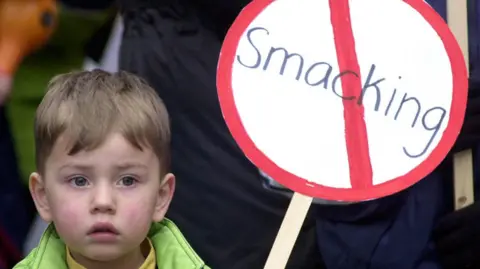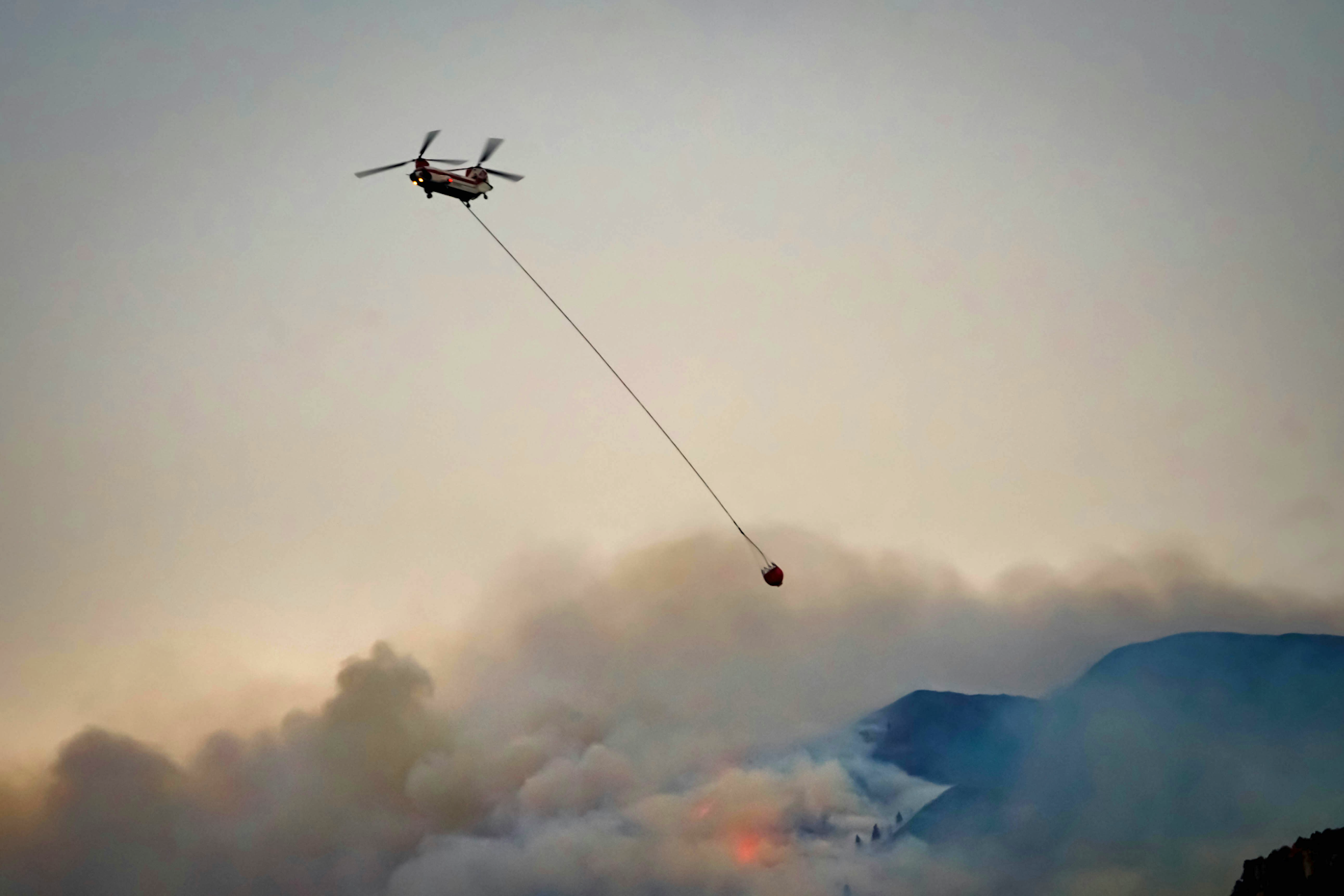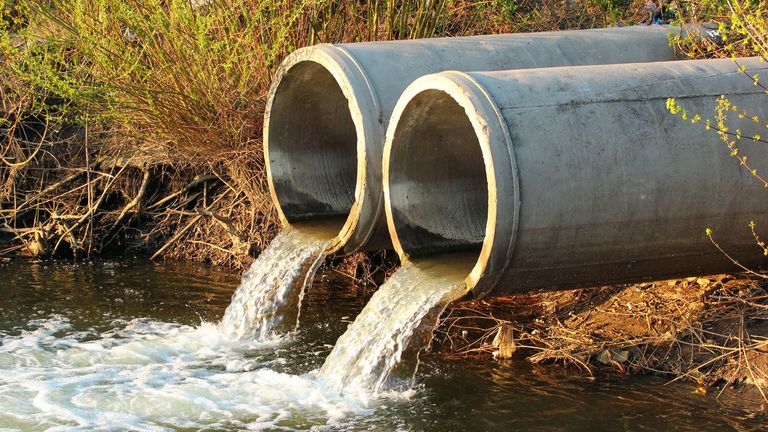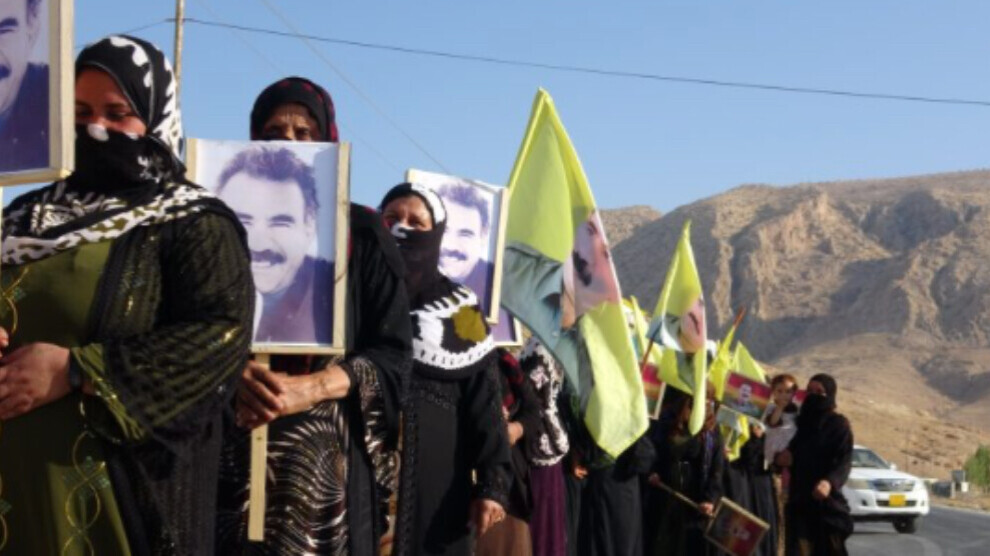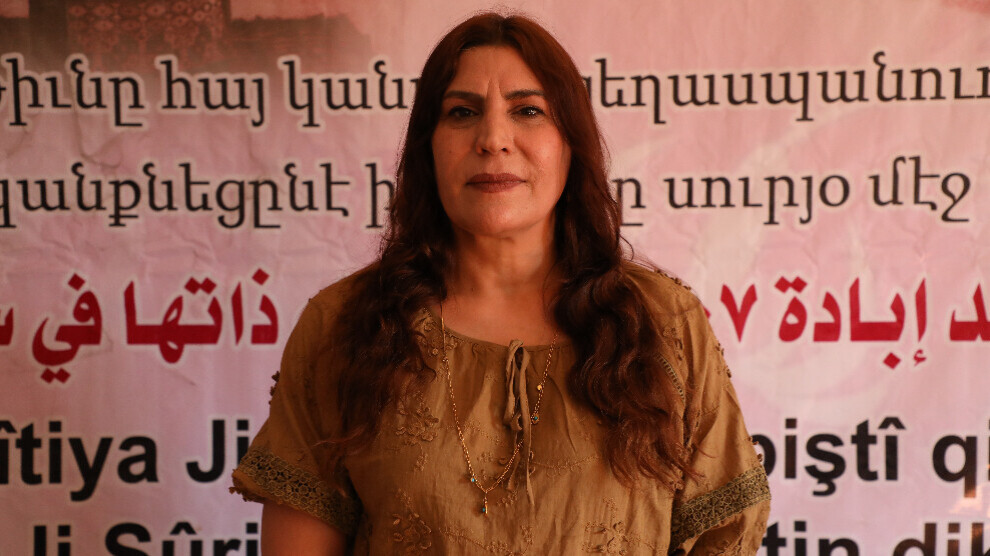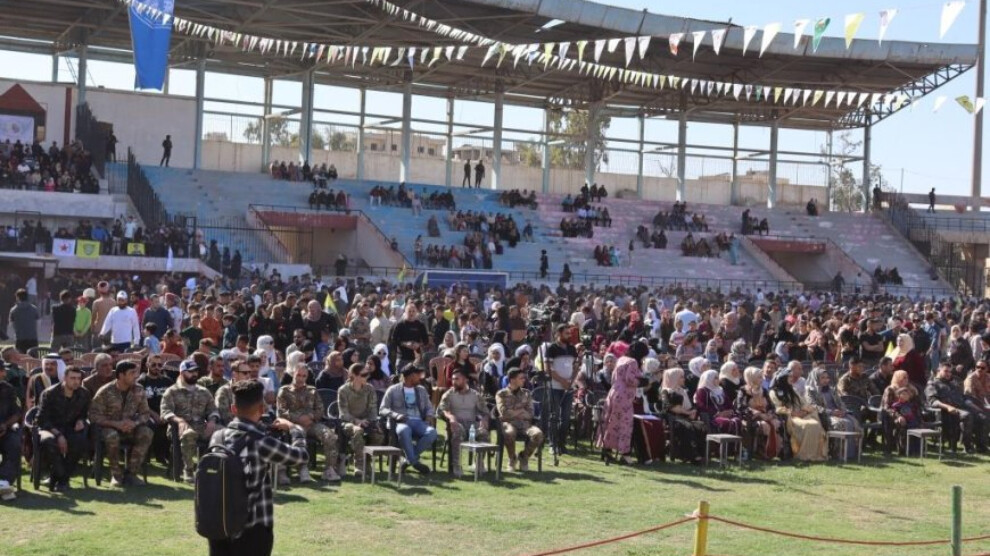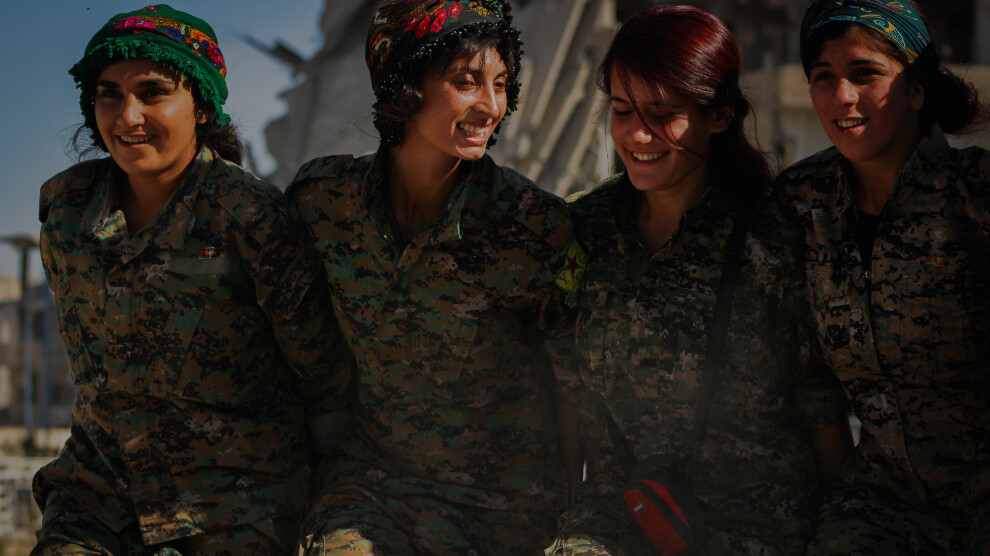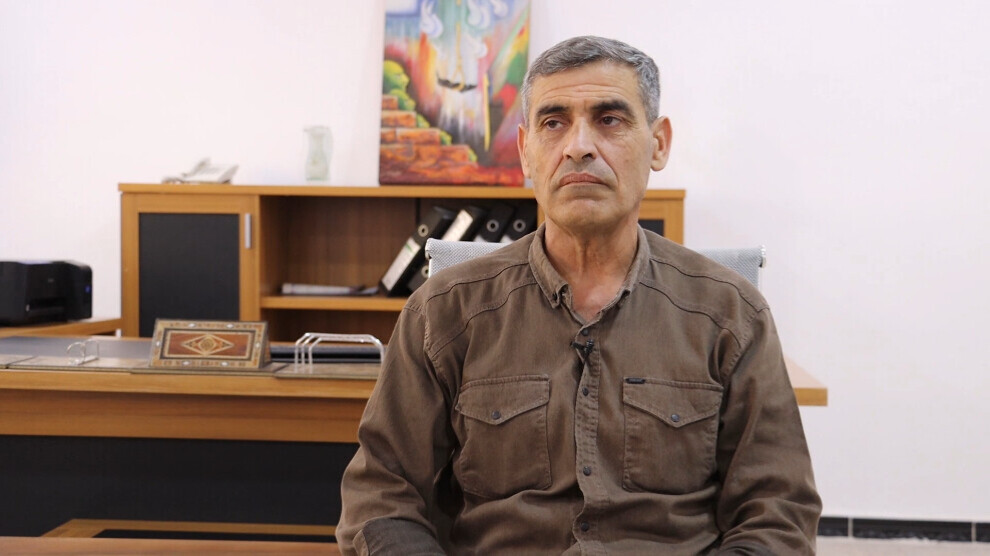
Lebanese civilians argue with army soldiers as they attempt to evict internally displaced people from an old hotel's premises, at Hamra Street in Beirut, Lebanon, 21 October 2024. (EPA)
21 October 2024
AD ـ 18 Rabi’ Al-Thani 1446 AH
Lebanese police stormed an abandoned building in Beirut’s commercial district, Hamra, to evict hundreds of displaced by Israel’s war on Hezbollah, who have been squatting there for weeks.
Lebanese authorities have prepared hundreds of shelters to accommodate the displaced. But as their numbers climbed to nearly 20% of the population, or an estimated 1.2 million people, official shelters have not been able to cope.
Tens of thousands had fled their homes since last year. An Israeli escalation last month has driven out an additional hundreds of thousands of people from the south, Bekaa and the southern suburbs of Beirut, many of them often fleeing with nothing more than the clothes they are wearing.
Most of the formal shelters prepared by the government are at full capacity, housing nearly 200,000 people.
Most of the displaced have sought accommodation with relatives and friends around Lebanon. But many have taken to beaches and open spaces, where they set up shelters. With winter approaching, they are seeking a roof over their head.
Scuffles broke out Monday between police and many of the displaced who refused to leave. An ambulance arrived to remove a person who passed out. A woman threatened to jump off the balcony if she was forced to leave, yelling she refused to go to overcrowded government shelters, where there is no space and where she feared diseases.
It was not clear what prompted the sudden eviction. Lebanon’s Interior Ministry said it will not allow trespassing on private property despite the displacement crisis.
Lebanese police stormed an abandoned building in Beirut’s commercial district, Hamra, to evict hundreds of displaced by Israel’s war on Hezbollah, who have been squatting there for weeks.
Lebanese authorities have prepared hundreds of shelters to accommodate the displaced. But as their numbers climbed to nearly 20% of the population, or an estimated 1.2 million people, official shelters have not been able to cope.
Tens of thousands had fled their homes since last year. An Israeli escalation last month has driven out an additional hundreds of thousands of people from the south, Bekaa and the southern suburbs of Beirut, many of them often fleeing with nothing more than the clothes they are wearing.
Most of the formal shelters prepared by the government are at full capacity, housing nearly 200,000 people.
Most of the displaced have sought accommodation with relatives and friends around Lebanon. But many have taken to beaches and open spaces, where they set up shelters. With winter approaching, they are seeking a roof over their head.
Scuffles broke out Monday between police and many of the displaced who refused to leave. An ambulance arrived to remove a person who passed out. A woman threatened to jump off the balcony if she was forced to leave, yelling she refused to go to overcrowded government shelters, where there is no space and where she feared diseases.
It was not clear what prompted the sudden eviction. Lebanon’s Interior Ministry said it will not allow trespassing on private property despite the displacement crisis.


